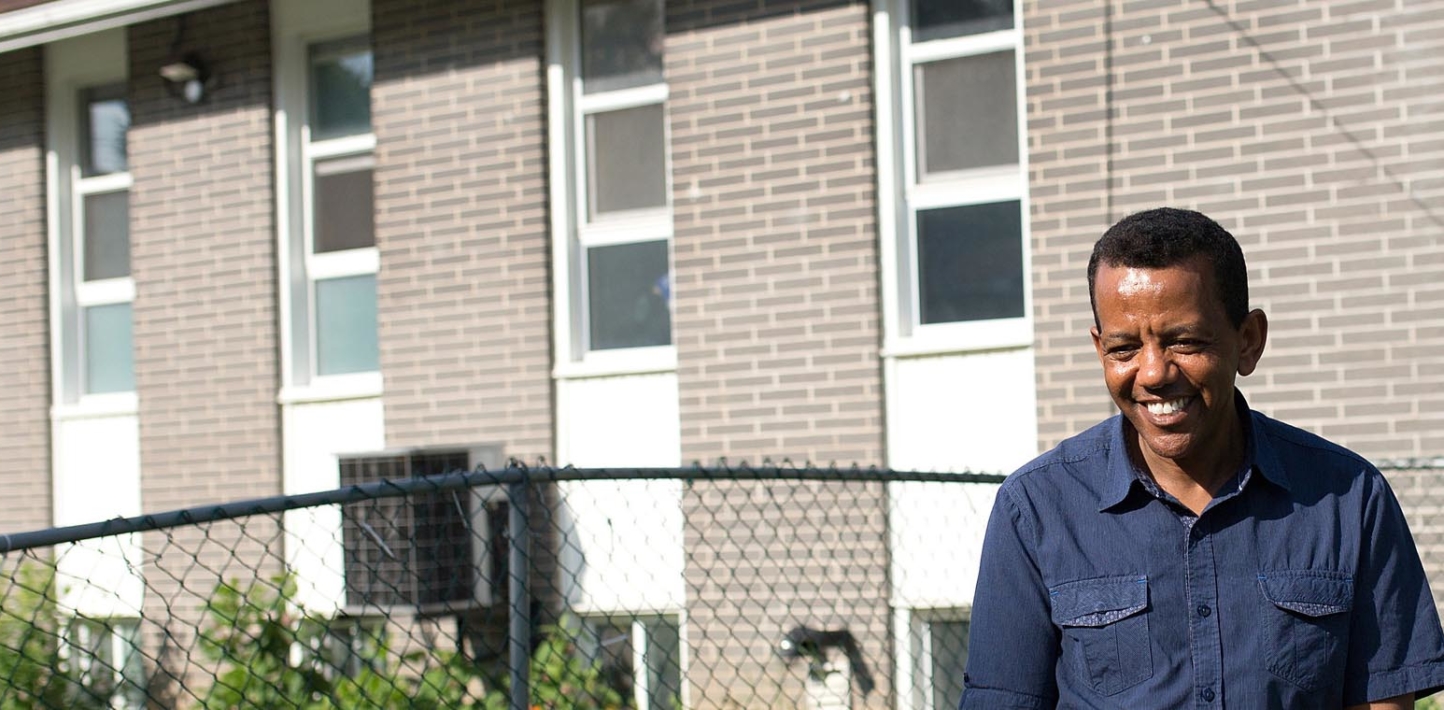1. Organise donations
Find out if refugee organisations in your area need donations, such as clothes, furniture and toys. Some congregations have put together welcome packs for refugees containing basic essentials and gifts. Others have created and publicised online shopping lists based on what refugees and the organisations working with them need.
2. Spread the word
Raising awareness about the issues refugee face and how to overcome them is a vital part of creating a welcoming community. Dedicate a special service to “welcoming the stranger”, or host awareness-raising events. Invite a refugee speaker, or a professional working with them. Link up with other groups in your area to share resources and information. Research and publish a list of local projects working with refugees in your newsletter or on your website, and encourage your members to support them.
3. Target decision-makers
Governments – national and local – should welcome refugees through a range of solutions. But most countries are either turning their backs completely, or doing very little. Your group has an important voice in showing public support for welcoming refugees, and demanding that decision-makers do more. Some groups work with their local authority to welcome newcomers. Others have invited government representatives to refugee-related events and urged them to represent their views in parliament. Start by discussing a course of action that works for you, and explore ways to put it into action.
4. Become community sponsors
Sponsorship involves groups of people raising funds to welcome individuals or families, and supporting them over a period of time with finding housing, learning the language, finding a job and schools, etc. Sponsorship started in Canada in the 1970s, and has been shown to be a vital way for refugees to integrate into a new culture. Sponsors and refugees might end up becoming friends, and reshaping their communities in the process. Sponsorship is now available in more countries, so find out if yours is one of them. And it isn’t, consider lobbying your government to create opportunities for sponsorship.
5. Provide a service
The support refugees need and the help on offer differ from place to place. Your group might have important skills that can help fill a gap. Compile a list of resources your congregation is willing to offer, such as language classes, well-being services by registered practitioners, housing and home repairs, legal advice, etc. Your place of worship might already offer activities, support groups or social events that could benefit refugees. Your group’s facilities could possibly be used to host events or schemes designed to welcome people to the area. Draw up safeguarding policies to protect the people you work with and link up with organisations that already have experience of supporting refugees.
Top image:
Professor Kenzu Abdella stands in front of the Al-Salaam Mosque which he is a member of in Peterborough, Canada. The mosque has played a central role in sponsoring refugees and helping people integrate in the community, alongside other local faith groups.


